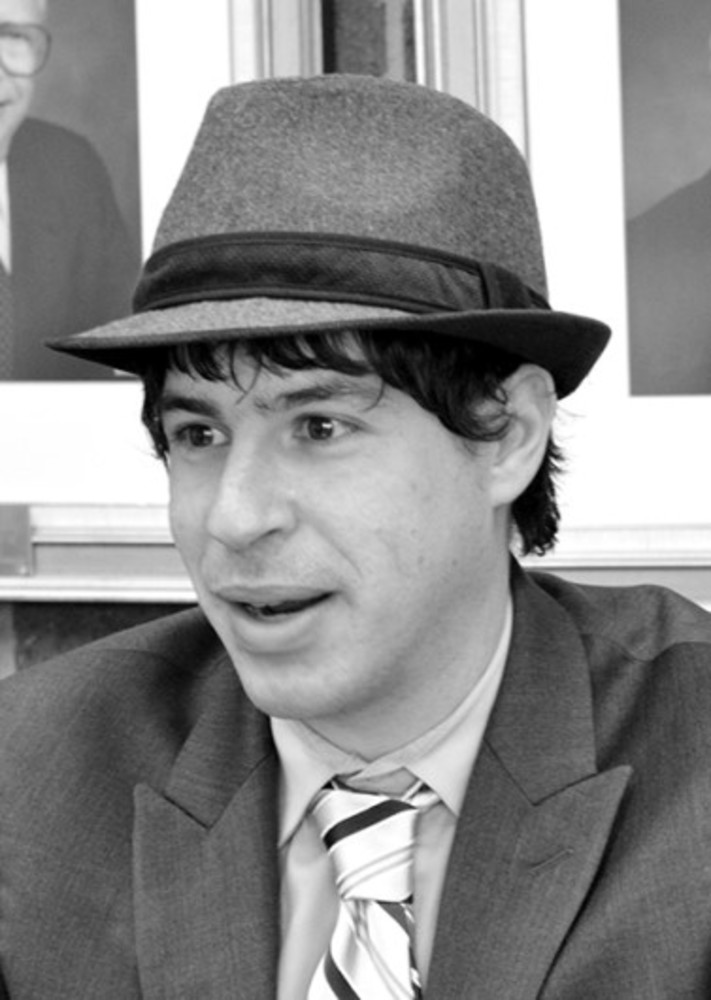Dolinger selected for Rabbis Without Borders
 Rabbi Barry Dolinger
Rabbi Barry Dolinger
Rabbi Barry Dolinger, of Congregation Beth Sholom in Providence, has been chosen to join the sixth class of Rabbis Without Borders.
“I’m honored and humbled to have been accepted,” said Dolinger. “I’m excited to learn and study with such an esteemed group of colleagues and teachers, and expect the program to enhance my rabbinate and the work I do on a daily basis.”
Rabbis Without Borders is a landmark initiative of Clal – the National Jewish Center for Learning and Leadership – that helps rabbis make Jewish thought and practice more available for improving people’s lives.
Participants in the yearlong rabbinic fellowship gather for two in-person retreats and once-a-month webinars and small-group conversations. Sessions focus on current trends in America and the intersection of religion, politics, technology, identity and meaning.
At the conclusion of the fellowship, the rabbis enter the Rabbis Without Borders Network, a pluralist, innovative network of rabbis grounded by a sense of service to all. Currently, there are 180 rabbis in the network from across the denominations. The network supports rabbinic growth and innovation and offers services to underserved Jewish communities through the RWB Service Corps. It also supports innovative lay leaders in its Leaders Without Borders program.
Dolinger said he applied to Rabbis Without Borders because he’s known other rabbis who benefited from the program and because “the mission of the program resonated strongly” with him.
Rabbi Elan Babchuck, of Providence’s Temple Emanu-El, joined the Rabbis Without Borders Network in 2013.
Rabbi Rebecca W. Sirbu, RWB director, wrote in the news release announcing Dolinger’s selection that “Interest in the program has only increased over the years. Rabbis recognize that the religious environment has changed - from family makeup to spiritual practice. To reach people where they are and how they are, rabbis need to apply their skills in new ways. RWB offers that kind of support. It helps rabbis better communicate in both familiar and new venues, and makes Jewish wisdom an accessible resource for the American public to help all people flourish in their lives.”
Dolinger hopes that the fellowship will give him increased exposure to “thoughtful colleagues and teachers.”
He expects Congregation Beth Sholom to greatly benefit from his participation in RWB.
“Communities often have a tendency to become isolated as independent silos,” he said. “This sort of cross-pollination allows for the free flow of ideas and helps enliven and regenerate the next iterations of Jewish life. I expect to come back and share a series of ideas and programs focused on collective Jewish responsibility for each other.
“As the Talmud states, ‘kol Yisrael areivim ze lazeh,’ all of Israel are responsible for each other. At a time of assimilation, a lack of Jewish literacy, and a quest for meaning and identity, addressing the questions head-on ought to be the core mission of all synagogues and Jewish institutions.”
FRAN OSTENDORF is the editor of The Jewish Voice.







